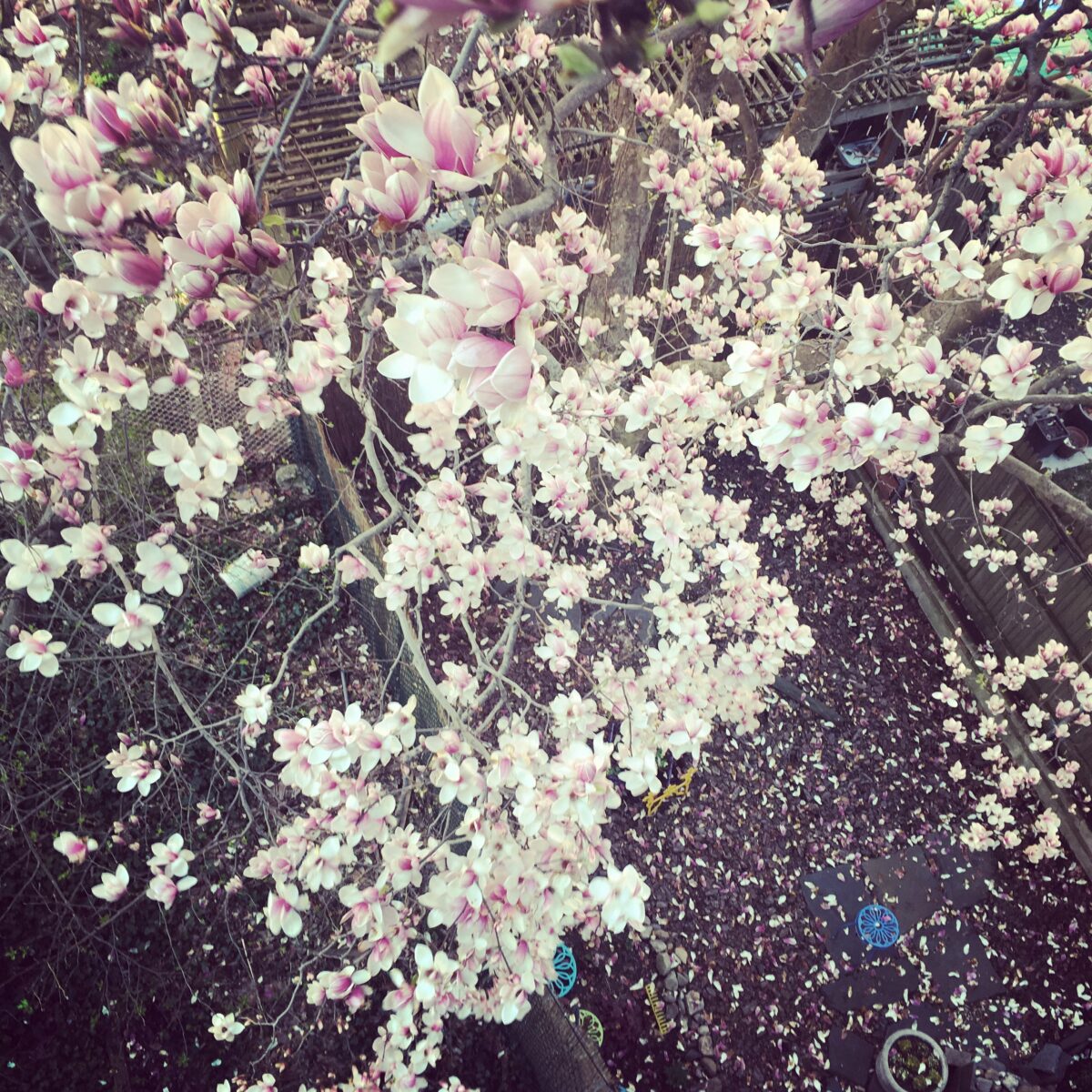December 16, 2021
The opposite of permission is unworthiness

Are you smart enough to pull this off?
Should you do some more research first?
Will your skills be enough to finish the work?
Wait, do you even have enough experience to start this work in the first place?
Wouldn’t it be smarter to go out and produce more first to raise your credibility?
Here’s the short answer to all of those doubtful questions. It comes in the form of a zen mantra.
Whatever you have is whatever you need.
Now, that probably sounds esoteric and unsatisfying to you, but it’s still true. Cataloguing your unworthiness isn’t what makes you prolific, permission is. Searching for more reassurance isn’t what turns ideas into I dids.
That can only come from deciding that who you already are is enough to do your work is. You have to accept that everything you want to create is already inside of you.
There’s a helpful tool in the personal creativity management system called baselining that can help you do this. Baselining is motivating yourself by remembering where you’ve already been successful. Using your history to find something that can support you in the present.
Here are few of permission questions to ask yourself:
What do you already know that will help you solve this problem?
When have you experienced a similar issue in another area of your life?
What is it that you know how to do that needs doing here?
In my experience, those questions instantly make me feel lighter. And that’s not an insignificant thing. When your life is loaded down with the heaviness of feeling so unworthy, it’s almost impossible to bring your ideas to form.
But once you’re willing to admit that you have aggregated so much experience that failure is a mathematical impossibility, nothing can stop you.
My career as a public speaker started right out of college after my first book was published. And at the time, I felt completely inadequate to do that kind of work.
You mean stand on a stage with a microphone and tell hundreds of people how I see the world? Are you shitting me? What right do I have to do such a thing?
Meanwhile, I had been performing music on stages for strangers since the age of sixteen doing the exact same thing, just with a different instrument. Maybe I was more prepared than I thought.
Wooten, the award winning virtuoso bass player, writes about this moment in his book on finding your song:
Musicians do not have to be believed in. We do not have to be trusted. Our music speaks for itself without the listener having to know anything about us. Music touches people’s emotions in a way that nothing else can. And when people find a musician they like, they will open up their hearts to whatever that musician has to say. Because it’s a language that everyone understands.
Victor’s book is a melodious reminder than we are not as inexperienced and under qualified as we think. Once we dig down to find the baseline of value that we already possess, all we have to do is open our hearts and mouths and trust that the notes will be there.
he opposite of permission is unworthiness.
Are you experiencing poverty mentality by not access your own internal sense of preparation?

